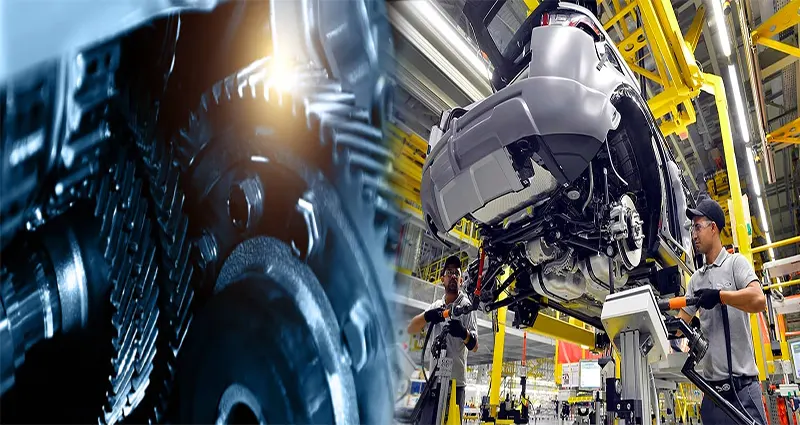The automotive industry, known for its intricate network of suppliers and manufacturers across the globe, is currently facing unprecedented challenges due to disruptions in the global supply chain. From semiconductor shortages to logistical bottlenecks, these issues are significantly impacting automotive production, distribution, and ultimately, the consumer experience. Let’s delve into the key repercussions of these supply chain disruptions on the automotive sector.
Semiconductor Shortages: The Driving Force Behind Production Delays
One of the most pressing issues affecting the automotive industry is the global shortage of semiconductors, essential components for modern vehicles. As the demand for electronic features in cars continues to rise, semiconductor manufacturers are struggling to keep up, leading to production delays and reduced output for automotive companies. The ripple effect of these shortages is felt throughout the supply chain, resulting in bottlenecks and challenges in meeting consumer demands.
Logistical Bottlenecks: Roadblocks to Efficiency
The smooth operation of the automotive supply chain relies heavily on efficient logistics and transportation networks. However, the industry is facing significant challenges due to logistical bottlenecks, such as port congestion, limited container availability, and unpredictable shipping schedules. These bottlenecks not only disrupt the timely delivery of parts and components but also increase costs for automotive manufacturers, impacting their bottom line and overall competitiveness.
Impact on Production and Pricing
The disruptions in the global supply chain have a direct impact on automotive production schedules, leading to delays in manufacturing and assembly processes. As a result, automakers are forced to adjust their production targets, which can potentially lead to inventory shortages and longer lead times for customers. Moreover, the increased costs associated with supply chain issues, including expedited shipping and higher component prices, may eventually be passed on to consumers in the form of higher vehicle prices.
Innovation and Resilience: Navigating the Challenges
Despite the significant challenges posed by global supply chain issues, the automotive industry is demonstrating resilience and adaptability in the face of adversity. Automakers are exploring innovative solutions, such as diversifying suppliers, reevaluating inventory management strategies, and investing in localized production to mitigate the impact of supply chain disruptions. Additionally, collaborations between industry stakeholders and governmental support are being leveraged to address critical issues and enhance the industry’s overall resilience.
The Road Ahead: Embracing Change and Opportunity
As the automotive industry continues to navigate the complexities of global supply chain challenges, stakeholders are urged to embrace change, prioritize agility, and collaborate towards sustainable solutions. By fostering transparency, fostering innovation, and enhancing risk management practices, the industry can strengthen its resilience and emerge stronger in a rapidly evolving global landscape.
The global supply chain issues affecting the automotive industry underscore the interconnected nature of the modern economy and the importance of robust and adaptable supply chain management practices. By understanding the impact of these disruptions, automotive stakeholders can proactively address challenges, drive innovation, and pave the way for a more resilient and sustainable future for the industry.
As the automotive sector steers through these turbulent times, a collective commitment to collaboration, innovation, and flexibility will be crucial in overcoming supply chain challenges and driving the industry towards continued growth and success.










